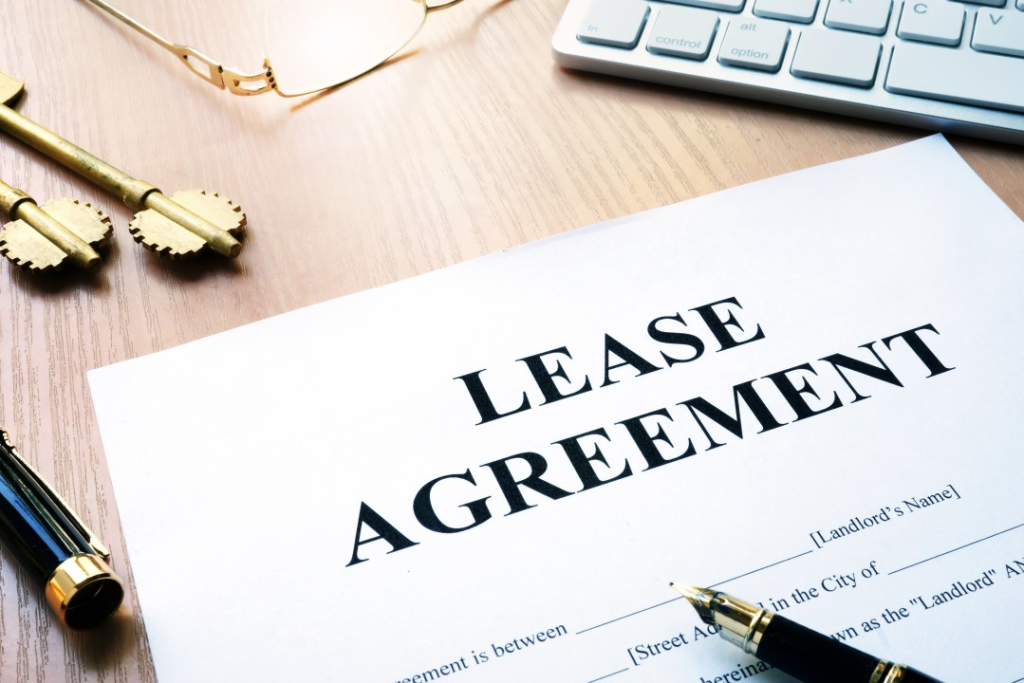The property management market is a vast market with a value of $81.52 billion. It is generally anticipated that the market is one of the fastest-growing ones and will reach a value of $98.88 billion by 2029.
In this market, property managers play a vital role in maintaining the smooth functioning and operations of the property. They are responsible for the overall management of the property and handling tenant relations. Their role is irreplaceable.
This blog highlights what is a property manager, what they do, why you need them, and what factors you should consider while hiring a property manager.
Let’s start with what a property manager is!
What is a Property Manager?

A property manager oversees the daily operations and management of real estate properties on behalf of owners. They are responsible for a range of tasks, including tenant relations, rent collection, property maintenance, and compliance with local regulations. Property managers often work in residential, commercial, or industrial real estate and are vital for ensuring properties are well-maintained and profitable.
They handle tenant inquiries and complaints, screen potential tenants, and manage lease agreements. Additionally, property managers coordinate maintenance and repairs, often working with contractors to keep the property in optimal condition. They also prepare financial reports, track expenses, and implement budget plans to maximize the property’s profitability. For commercial properties, they may manage additional services, like security and utilities, and create strategies to increase tenant retention.
They undertake various functions to ensure the smooth functioning and management of the property. Let’s examine what a property manager does in detail.
What Does a Property Manager Do?
A property manager plays a vital role in ensuring real estate assets are well-maintained, profitable, and compliant with laws. They manage tenant relations, handle maintenance, oversee financials, and enforce lease agreements to enhance property value and functionality. Here’s a closer look at the key responsibilities of a property manager.
1. Tenant Relations
Property managers are responsible for tenant communications, addressing concerns, and maintaining good relationships to ensure tenant satisfaction. They also screen new tenants, collect rent, and manage lease renewals to keep occupancy rates high.
2. Maintenance and Repairs
To maintain property quality, property managers coordinate routine maintenance and repairs, often working with trusted contractors. This helps avoid costly repairs down the line and keeps the property safe and attractive.
3. Financial Management
Property managers oversee budgeting, rent collection, and expense tracking to maintain profitability. They also generate financial reports for property owners, providing transparency and insight into property performance.
4. Legal Compliance
Property managers ensure compliance with local laws and regulations. This includes managing Lease Agreements, adhering to safety codes, and handling tenant disputes legally to protect the property owner’s interests.
5. Marketing and Advertising
Property managers are responsible for advertising vacant properties to attract quality tenants. They create listings, organize viewings, and promote the property through various channels to minimize vacancy periods.
6. Rent Setting and Collection
Determining competitive rental rates is part of a property manager’s duties, often requiring market research to set an optimal price. They also ensure timely rent collection and manage any issues related to late payments.
7. Property Inspections
Routine inspections help property managers assess the property’s condition, ensure compliance with lease terms, and identify maintenance needs. This proactive approach helps preserve property value and addresses potential issues early.
Why You Need a Property Manager?
Hiring a property manager can save time, reduce stress, and maximize property profitability. They handle everything from tenant management to legal compliance, allowing property owners to enjoy passive income without the day-to-day hassle. Here’s why property management is essential for a well-maintained, profitable investment.
1. Expert Tenant Screening
Property managers screen applicants carefully to ensure reliable tenants, reducing the risk of late payments or property damage. This process leads to long-term occupancy and fewer tenant issues.
2. Rent Optimization
With their market knowledge, property managers set competitive rental rates, balancing tenant attraction with profitability. This ensures that rental income aligns with local market demand, maximizing returns.
3. Streamlined Maintenance and Repairs
Property managers oversee regular maintenance and repairs, addressing issues promptly to keep the property in top shape. This proactive care saves owners from expensive emergency repairs and enhances tenant satisfaction.
4. Legal Compliance and Risk Management
Property managers ensure adherence to Rental Laws, fair housing rules, and safety standards, reducing liability risks. They also handle lease agreements and disputes legally, protecting owners from potential legal complications.
5. Financial Tracking and Reporting
Through accurate bookkeeping and regular reporting, property managers offer owners a clear financial picture. This transparency helps owners make informed decisions and ensures tax compliance.
What Factors You Should Consider While Hiring a Property Manager

Choosing the right property manager is crucial for maintaining and enhancing your property’s value. The right manager can improve tenant satisfaction, ensure regulatory compliance, and maximize your returns. Here are key factors to evaluate when hiring a property manager.
1. Experience in Property Management
Look for a manager with a strong track record in property management, particularly within your property type. Their experience will ensure they can handle various scenarios, from tenant issues to maintenance challenges.
2. Understanding of the Local Market
A property manager with local market knowledge can set optimal rental rates and anticipate tenant needs. Their insights help minimize vacancies and keep the property competitive in the area.
3. Communication Skills
Effective communication with both Tenants and owners is essential in property management. A property manager with strong communication skills will promptly address issues, provide regular updates, and build tenant relationships.
4. Fee Structure
Evaluate the property manager’s fee structure to ensure it aligns with your budget and goals. Understand their charges, such as management fees, leasing fees, and additional expenses, to avoid unexpected costs.
5. Reputation and References
Research the manager’s reputation by checking reviews and seeking references. Positive feedback from current and past clients can indicate reliability and quality service.
Partner With an Expert Property Manager!
A property manager provides valuable services to landlords and simplifies the management and maintenance of the property. Their functions include handling tenant relations, looking for repairs and leakages, marketing and advertising the property, collecting rent, and managing the finances.
In a competitive market, to attract and retain tenants, the services of a Property Manager are a must. To avail yourself of expert services or partner with an experienced property manager, contact Citadel Property Management Corp.
Frequently Asked Questions
1. What are the main duties of a property manager?
Their responsibilities include tenant relations, rent collection, maintenance, budgeting, reporting, and ensuring compliance with local laws and regulations.
2. How do property managers screen tenants?
They verify income, conduct background and credit checks, contact references, and assess rental history to ensure prospective tenants are reliable and financially responsible.
3. How do property managers communicate with tenants?
They communicate through emails, phone calls, or property management portals to address inquiries, announce updates, and resolve issues.
4. How do property managers handle tenant disputes?
They mediate issues between tenants, such as noise complaints or property damage disputes, aiming to resolve them amicably and legally.


























